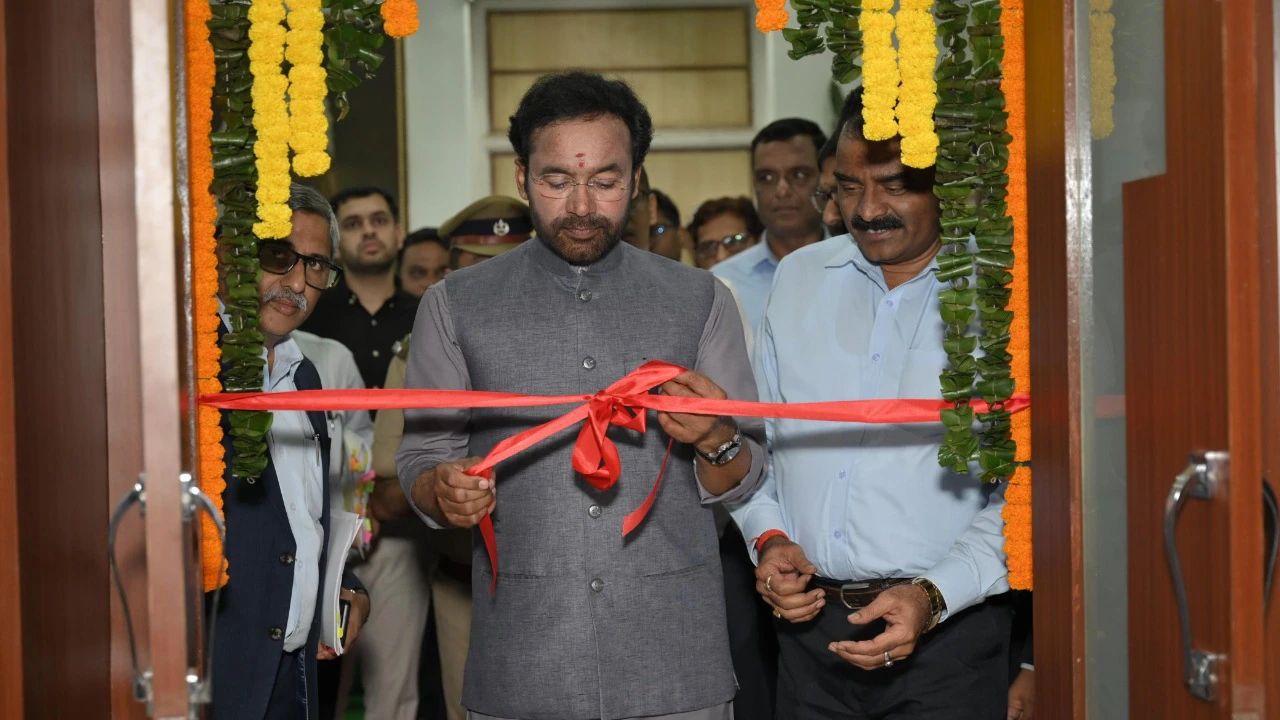By Stabroek News
Copyright stabroeknews

Dear Editor,
In following Guyana’s recent economic performance, I have become convinced that the Ministry of Tourism, Industry and Commerce has outgrown its original structure. What may once have been an efficient consolidation now risks holding back three vibrant but very different sectors. Tourism is booming, manufacturing is diversifying, and commerce needs sharper focus — yet all three are competing for the same ministerial attention and resources. The evidence increasingly suggests that it is time to separate the ministry into three.
Tourism is the clearest sign of this shift. Visitor arrivals jumped by 18% in the first seven months of 2025, reaching 242,655 compared with 205,646 during the same period in 2024. Last year alone, Guyana welcomed 319,147 tourists — up 11% over 2022 — and is projected to reach 350,000 in 2024. These are no longer marginal numbers. Promoting eco-tourism in the Rupununi, building on the success of events like the Cricket Carnival, and forging partnerships with airlines all require a dedicated team and minister whose sole task is to grow and sustain this sector.
At the same time, the manufacturing and industrial base is beginning to show new life. In 2023, manufacturing generated about G$70 billion, a 25% increase over 2022. The “other manufacturing” subsector — everything from processed foods to chemicals and timber products — now makes up 71% of total output. If Guyana wants to move up the value chain by adding value to bauxite, timber, and agriculture, it needs industrial parks, technology standards and investor incentives that will not get lost in a portfolio dominated by tourism and commerce.
Commerce, too, has its own urgent priorities. Trade facilitation at ports, the digitisation of customs, support for micro- and small-enterprise financing, and stronger consumer protection are all essential for improving the ease of doing business. Yet these initiatives often become fragmented or delayed when they must compete for attention within a broad, multi-sectoral ministry.
International experience reinforces this point. Countries like Mauritius and Costa Rica have separate ministries for tourism and for trade/industry, and this separation has helped them build globally recognised tourism brands while also diversifying their industrial bases. In Guyana, distinct ministries would mean clearer targets, more focused budgets, and more direct accountability. Parliament and the public would be able to scrutinise performance in each area, and ministers would be judged on results rather than on how they juggle competing mandates.
Guyana is at a pivotal moment. Splitting the current ministry into three would not be mere bureaucracy; it would be a strategic investment in the country’s future. By giving tourism, industry and commerce their own champions, Guyana would be signalling its commitment to treating each as a pillar of development rather than as a competitor for space within a single agency.
Keith Bernard



